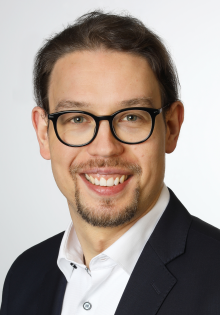Goller, M. & Hilkenmeier, F. (2022). PLS-based structural equation modelling: An alternative approach to estimating complex relationships between unobserved constructs. In M. Goller, E. Kyndt, S. Paloniemi, & C. Damşa (Hrsg.), Methods for researching professional learning and development: Challenges, applications, and empirical illustrations (S. 269-292). Springer. https://doi.org/10.1007/978-3-031-08518-5_12
Abstract
A traditional approach to test complex relationships between different unobserved constructs included in theoretical models is to apply covariance-based structural equation modelling (CB-SEM). This chapter aims at introducing an alternative approach to estimating structural equation models that has not yet widely been used in research on professional learning and development or in research on learning in general: Partial-least squares structural equation modelling (PLS-SEM). PLS-SEM is based on ordinary least square regression analysis and uses an iterative algorithm to find parameter estimates. This estimation approach has several advantages including fewer statistical assumptions. In addition, PLS-SEM allows for the incorporation of both lower order and higher order formative constructs as well as for estimating rather complex models, which is not always possible with CB-SEM. The conceptual explanation of this particular SEM technique will be illustrated using a replication study of a published research study, focussing on the influence of learner factors and learning context on different professional learning activities.
Keywords
PLS, Partial least square, SEM, Informal learning, Workplace learning, Professional development, Learning culture
Hier geht es direkt zur Publikation.


